No TV For Woodpeckers
by Gary Barwin
April 1, 2017 | ISBN 978-1-928088-30-1 | 96 Pages
Find at your local bookstore (Canada).
Find at your local book seller (Indiebound USA).
In No TV for Woodpeckers the lines between haunting and hilarious, wondrous and weird, beautiful and beastly, are blurred in the most satisfying ways. Many of these poems reveal a submerged reality full of forgotten, unknown or invisible life forms that surround us – that are us. Within this reality, Barwin explores the connection between bodies, language, culture and the environment. As philosophical as it is entertaining, No TV for Woodpeckers is a complex and multi-layered work that offers an unexpected range of pleasures.

